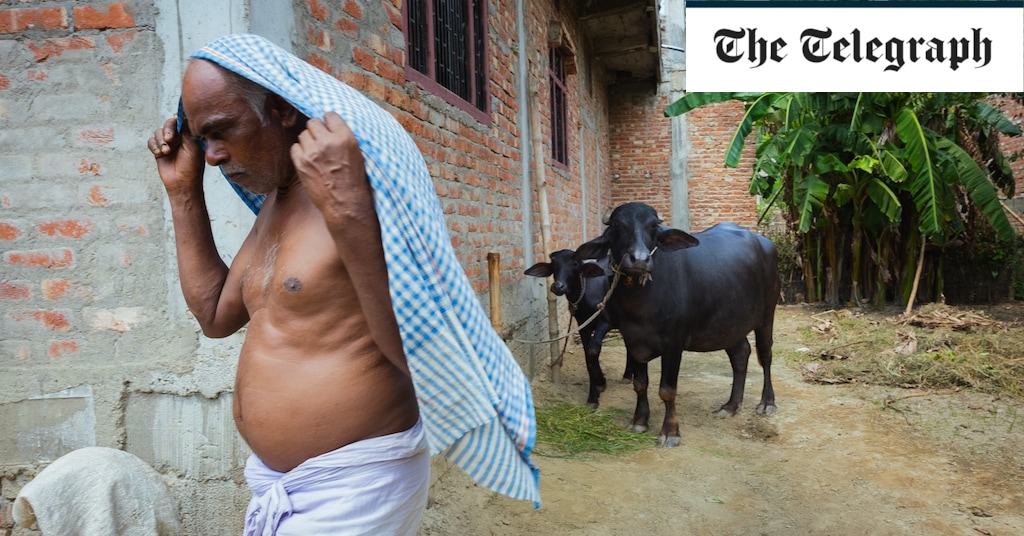
The Green Revolution or Third Agricultural Revolution, which ran from the early part of the last century right through to the 1980s, drove what the Food and Agriculture Organization describes as a “quantum leap forward in food production” and saved many millions from starvation.
But the mass-adoption of chemicals in agriculture, including some pesticides, has come with a plethora of unintended health consequences.
It is estimated that, since the 1960s, there have been 14 million premature deaths due to pesticide self-poisoning alone, with over 95 per cent of these fatalities in low and middle income countries.
Developed nations, the WHO notes, have already banned or restricted use of potentially lethal pesticides.
‘We didn’t think about pesticide as a major cause for suicide’
“Unlike other modes of suicide, pesticide poisoning deaths can be controlled by regulating the most highly hazardous pesticides,” says Dr Ghimire. “Research has shown that there’s less chance of people who take pesticides as poison re-attempting again. So if it’s not easy to access on that first occasion, we can save lives.”
In Nepal, where around 66 per cent of people work in farming and a third of the country’s GDP comes from agriculture, the impact of targeted pesticide bans are only just emerging.
The country announced an initial ban affecting eight pesticides in 2019, after a 2018 study led by the CPSP tracked which of the “plant medicines” (as locals call them) were most often used in poisoning deaths. That research proved to be a major turning point.
“We had tried to manage the pesticide in the past, but we were focused on the harm to the environment and harm of the people and farmers directly using them in agriculture,” says Dr Dilli Ram Sharma, a former director general of the Department of Agriculture and member of Nepal’s pesticide regulatory board. “We didn’t think about pesticide as a major cause for suicide. The CPSP study opened our eyes.”

